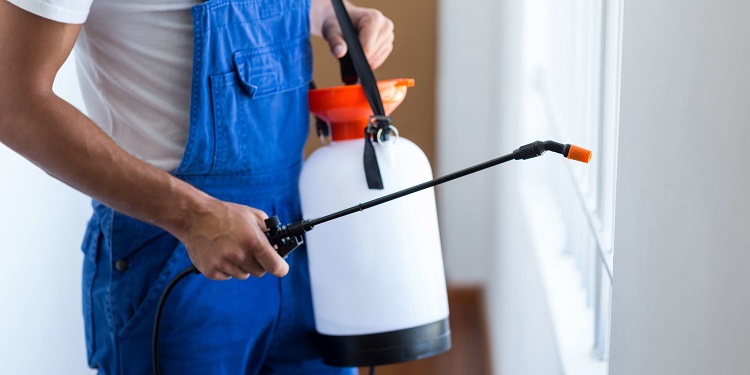How to Safeguard Your Garden from Common Pests?
Gardening is a rewarding hobby that offers beauty and sustenance, but it also comes with its challenges—namely, the onslaught of pests that threaten to undo your hard work. Aphids, slugs, snails, and caterpillars are some of the most common culprits that can ravage your plants. Protecting your garden from these pests is crucial for maintaining a thriving, healthy ecosystem. If you think your garden is invaded by pests, it is essential to seek pest control boca raton services to take effective measures and prevent infestation growing inside your home.
Here are several effective strategies to safeguard your garden using natural and sustainable methods.
Natural Pest Control Methods
Companion Planting
Companion planting involves strategically growing certain plants together to naturally repel pests or attract beneficial insects. For example, marigolds are known to deter aphids and nematodes, while basil can repel flies and mosquitoes. By incorporating a variety of plants, you can create a natural barrier against pests.
Utilizing Beneficial Insects
Encouraging beneficial insects is an eco-friendly way to control pest populations. Ladybugs, for instance, are voracious aphid eaters, and lacewings can help keep caterpillar numbers down. You can attract these helpful insects by planting flowers such as dill, yarrow, and fennel, which provide nectar and pollen.
Homemade Remedies
Natural remedies can be effective in deterring pests without harming the environment. A simple solution of water and dish soap sprayed on plants can help control aphids and spider mites. For slugs and snails, consider using beer traps, which are small containers filled with beer that lure and drown these pests. In addition, sprinkling diatomaceous earth around plants can deter soft-bodied insects.
Regular Monitoring and Maintenance
Consistent Monitoring
Regularly inspecting your plants allows you to catch pest issues early before they become severe. Check the undersides of leaves, stems, and soil for signs of damage or the presence of pests. Early detection is key to effective pest control, as it allows you to take action before pests can cause significant harm.
Garden Maintenance
Keeping your garden clean and well-maintained is crucial for preventing pest infestations. Remove dead leaves, debris, and old plant matter to eliminate potential hiding spots and breeding grounds for pests. It is also important to regularly prune plants to improve air circulation and reduce the likelihood of fungal diseases, which can attract pests.
Chemical Treatments Vs. Eco-Friendly Options
When to Use Chemical Treatments?
While natural methods should be your first line of defense, there are times when chemical treatments may be necessary, especially during severe infestations. It’s important to choose pesticides that are specifically designed for the pest you’re targeting and to follow application instructions carefully to minimize harm to beneficial insects and the environment.
Choosing Eco-Friendly Products
Opt for eco-friendly pesticides that are biodegradable and less harmful to non-target organisms. Products containing neem oil, pyrethrin, or insecticidal soap can be effective while posing fewer risks to the ecosystem. Moreover, it is always recommended to apply chemical treatments in the evening when pollinators are less active to further reduce impact.
Encouraging Natural Predators
Birds, frogs, and toads are natural predators that can help keep pest populations under control. Installing birdhouses or creating a small water feature can attract these helpful creatures, providing them with habitats to thrive and hunt garden pests.
Conclusion
Safeguarding your garden from common pests involves a combination of natural strategies, regular maintenance, and, when necessary, careful use of chemical treatments. By fostering a healthy garden ecosystem and employing eco-friendly pest control methods, you can enjoy a flourishing garden that is resilient against pest invasions. Remember, the key is to maintain balance and encourage biodiversity, allowing nature to assist in keeping pests in check.

